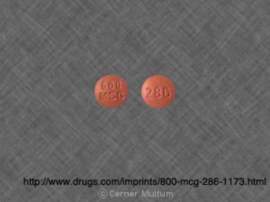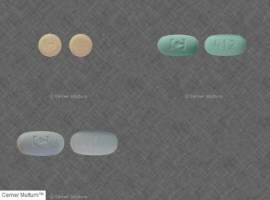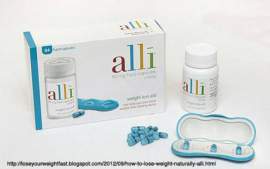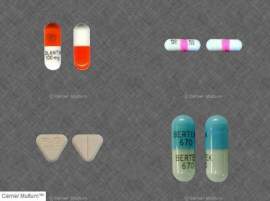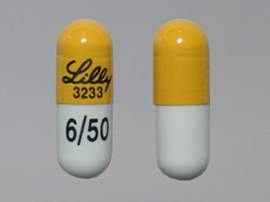
Geodon Lawsuit
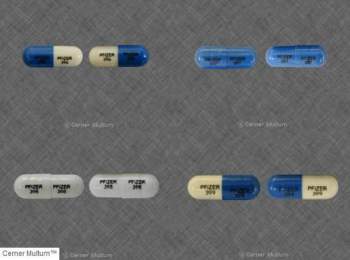
What is Geodon?
Geodon—the brand name for Ziprasidone—is used to treat symptoms of schizophrenia (a mental condition that causes unusual or disturbed thinking, strong or inappropriate emotions and a general loss of interest in life). Geodon may also be applied to treat manic episodes in patients with bipolar disorder. Geodon belongs to a class of medications called atypical antipsychotics; it is effective by changing activity of certain substances in the brain.
Geodon Side Effects:
Geodon side effects may present themselves regardless of your dosage strengths, frequency or adherence to intake instructions. Please inform your doctor if any of these Geodon side effects are severe or persistent:
· Common Geodon Side Effects Include: headache; drowsiness; restlessness; anxiety; constipation; loss of appetite; muscle pain; sneezing; runny nose; cough; weight gain; diarrhea
Some Geodon side effects are more severe. If you experience the following Geodon side effects or those listed under the IMPORTANT WARNING section of the packaging, please seek immediate medical help.
· Serious Geodon Side Effects Include: rash or hives; confusion; fever; irregular, fast or pounding heartbeat; unusual movements of the face or body; muscle stiffness; painful erection that lasts for hours; sweating.
These are not all the possible Geodon side effects. Please contact your doctor if you encounter any unusual problems while using Geodon. If you experience life-altering Geodon side effects, you or your doctor may file a report to the United States Food and Drug Administration’s MedWatch Adverse Reporting program online at http://www.fda.gov/Safety/MedWatch or via the phone at 1-800-332-1088.
Geodon FDA Regulations:
A prominent Geodon FDA regulation was instituted in April of 2005 that informed healthcare professionals of increased mortality in patients with dementia-related psychosis. This Geodon FDA regulation was implemented because the agency determined that patients with dementia-related psychosis treated with atypical antipsychotic medications face an increased risk of death when compared to placebos.
The Geodon FDA regulation reflects the agency’s current analysis of available Geodon information. The Geodon FDA regulation derived from analysis of seventeen placebo controlled trials that studied over 5,100 elderly patients with dementia related disorders. Ultimately the study revealed a risk of death in drug-treated patients of between 1.6 to 1.7 times when compared to placebo-treated individuals.
The other Geodon FDA regulation instituted against the drug’s manufacturer came in August of 2009, when the agency warned of the dangers associated with the 10 MG liquid-version of Geodon. In this Geodon FDA regulation, the agency warns against Leukopenia, Neutropenia and Agranulocytosis; reports of these conditions were observed following numerous clinical trials with the 10 mg liquid version of Geodon. Risk factors for these medical conditions include pre-existing low white blood cell counts and a history of drug-induced neutropenia/leukopenia. Patients with these risk factors, according to this Geodon FDA regulation, must have their blood count monitored during the first few months of treatment. If a significant decline in the patient’s WBC is noted, he/she must discontinue treatment with Geodon.
Geodon Lawsuits:
The majority of prominent Geodon lawsuits are filed against the drug’s manufacturer, Pfizer, for illicit marketing practices. In September of 2009, Parker Waichman Alonso LLP represented a whistleblower in a Geodon lawsuit that sought a $2.3 billion Geodon settlement. In this Geodon lawsuit, the whistleblower alleged that Pfizer illegally promoted off-label use of Geodon.
This Geodon lawsuit was one of nine settled by the United States Department of Justice that involved the illegal marketing of Geodon. The civil Geodon settlement resolves allegations that Pfizer paid substantial kickbacks to health care providers for prescribing Geodon in an off-label manner. Under the terms of the Geodon settlement, a subsidiary of Pfizer also agreed to plead guilty to a felony charge that it promoted the off-label user of Bextra. These charges ultimately resulted in the delivery of a $1.3 billion Geodon settlement.
In addition to these Geodon lawsuits, legal action can be taken against Pfizer if the drug accused substantial damage or injury to you or a loved one. These Geodon lawsuits are filed by former users of the drug who sustained damage as a result of its dangerous side effects. Although these types of Geodon lawsuits are rare, they can be successfully filed if the patient was not adequately warned of the side effect he or she suffers from. Moreover, a Geodon settlement can be secured if the patient can definitively prove that Geodon-use directly caused the injury or condition. If filed successfully, these Geodon lawsuits will result in a Geodon settlement, which are financial packages procured by the plaintiff to offset the costs associated with the injury or condition.
Sources:
1. United States National Library of Medicine “Ziprasidone” retrieved from: http://www.ncbi.nlm.nih.gov/pubmedhealth/PMH0001070/
2. http://www.accessdata.fda.gov/scripts/cder/drugsatfda/index.cfm?fuseaction=Search.SearchAction&SearchTerm=ziprasidone&SearchType=BasicSearch
3. http://www.fda.gov/Safety/MedWatch/SafetyInformation/ucm181987.htm




